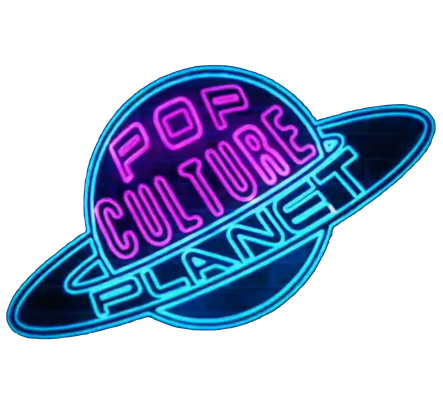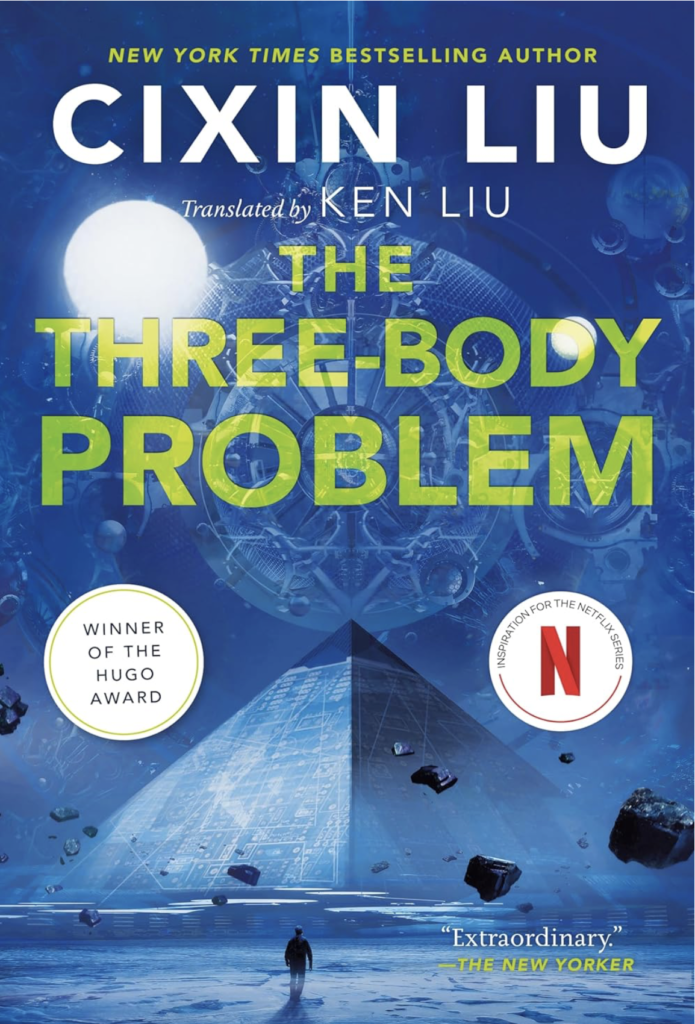DOCUMENTARIES
THE PEOPLE VS. AGENT ORANGE IS A HIDDEN WAR
The fallback of Agent Orange is taking its toll see in this eye-opening documentary
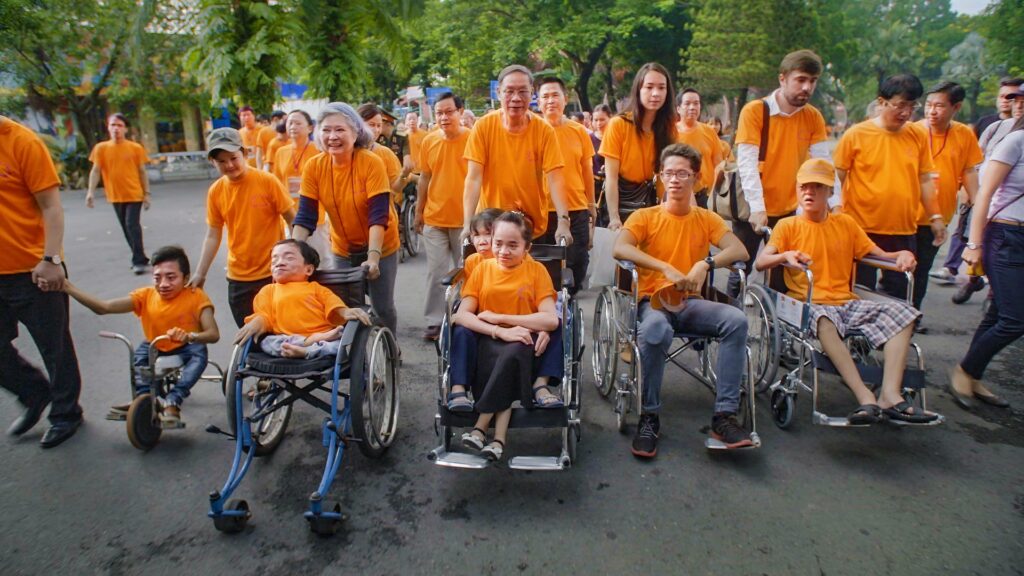

Chemicals are the problem
The film What Lies Upstream shows people being affected by the release of chemicals into the streams of West Virginia. The chemical company Dupont was the target of the residents in that area. They were getting sick by ingesting the fumes and the runoff released into the drinking water. Women were having babies that have disorders and handicaps that were linked back to the chemicals produced at Dupont. The price the company had to pay was a “slap in the wrist” to them.
Speaking with Director Andrew Nisker and his film Orange Witness was the icebreaker. In retrospect, it brought attention to the horrors of the herbicide Agent Orange since the war in Vietnam. He warned about the negligence of not seeing this as an issue that has claimed the souls of many people. This was eight years in our discussion at the Planet in Focus Film Festival in Toronto.
The rise of Agent Orange
Fast forward today where the warnings resurface about Agent Orange. Director Kate Taverna and Alan Adelson bring awareness to this issue that has been in denial for too long. In their documentary The People Vs. Agent Orange, the use of Agent Orange has not stopped even after the Vietnam War. Specifically, corporations such as Monsanto and Dow Chemical are flexing their muscles against those who get in their way.
No giant is big enough to fight against activists like Carol Van Strum in the Pacific Northwest and Tran To Nga in Vietnam. The two highlighted in this documentary showing how Agent Orange has affected their livelihood and others who surround them. With the support of reputable sources and archives, the continued use of Agent Orange is chemical warfare on humanity. Furthermore, it’s a genocide that takes away the freedom and liberties of many. Even those who are not even born yet.
FERNTV spoke to director Kate Taverna about the denial of this genocide and the fight to lift it. The sequences of deformed children in Vietnam are disturbing and are a call for action.
The Interview
FERNTV: What was the inspiration for doing this film The People Vs. Agent Orange?
Kate: A woman volunteer at an Agent Orange victims’ clinic in Vietnam gave Alan Adelson photos of children and babies with terrible deformities. It is the fourth generation of children affected by Agent Orange in Vietnam. He wondered how could this have happened?
FERNTV: This is a broad issue to deal with. Describe the plan of attack for this film?
Kate: We were attempting to merge personal stories with an investigation… quite a challenge. At a point for a while, it was impossible. Focus and finding an effective balance within the film took a lot of time and trial and error. The film evolved over time as more elements of the story unfolded for us.


The Production
FERNTV: Describe your journey into getting archives for this film and the difficulty getting your hands on them?
Kate: The most difficult archival footage was from Vietnam. The co-production amongst ARTE France, Germany and ITVS allowed us to hire professional archival researchers. Their searches were broad which I could not do on my own. National Archives, Texas Tech, JFK Library, European-based archive houses. Our characters led us to photographic material as we got deeper into their stories. There had to be a level of trust as well, for them to lend us personal materials. Going through hours of material of the KEZI archives at the University of Oregon was a boon to the project. It was extremely time-consuming.
FERNTV: Discuss the biggest challenge when making this film?
Kate: There were funding efforts that went on incessantly for the first few years. Along with many versions of film samplers and sizzle reels that we had to go through. The biggest challenge was making what seemed like an old story into a contemporary one. We had to keep the audience aware and engaged with the characters. Showing our audience that there was a continuing and future threat by the use of aerial spraying.
We didn’t get onto this aspect of the story at first. It came when we found Carol Van Strum, and her Oregon community’s struggle to stop aerial spraying.
The Corporations
FERNTV: Fighting giants like Monsanto and Dow Chemical, is a slap in the wrist to them. It’s like Dupont getting sued in West Virginia. It’s nothing to them. Comment on that.
Kate: If people make legislators protect everyone from poison, then enormous changes will occur. If companies thought it was a slap, they wouldn’t be fighting any resistance to their products as hard as they are. That makes them nervous and the degree to which they have propagandized to beat back the community rights movement is a testament to how vulnerable they really are.
Tran To Nga’s lawsuit in France garnered enormous global media attention at the January 25, 2021. Each company had several formally black-robed lawyers representing their interests. An observer described the scene in the courtroom as a flock of crows attacking Tran To Nga. Global media works best for her side.
The fact people are waking to the dangers of these products and made aware of epigenetic effects is not a “slap on the hand”. It IS posing a threat to the actual market shares of these companies. Look what happened to Bayer‘s stock over the Roundup lawsuits!
The Children and Agent Orange
FERNTV: Comment on the sequence of filming children in Vietnam affected by Agent Orange?
Kate: It was very difficult to film the children, for the cinematographers as well. We were daring to show them to the society that created them. Hearing their suffering and helplessness affects us now. Watching Madame Tran greet them and interact with them as if they were her own children was very moving. Placement in the film could not be exploitative either. They had to be contextualized, not thrust at the audience. There could be no manipulative music in the editing of this sequence. The pictures say it all.
FERNTV: There are similarities to COVID-19 and Agent Orange and its handling by the government. Do you agree?
Kate: Cover-up and denial are deadly as we’ve seen in both instances. It just propagates death and disease. You have to confront these threats and not blind yourself to them.
FERNTV: What are your hopes on the release of this film?
Kate: This is a story with significant contemporary ramifications about how we wage war, abuse science, disregard the environment and shirk responsibility for catastrophic mistakes and misdeeds. We believe people should work on regaining control of their rights, their environment’s rights and to protect themselves from being poisoned.
On our website, there’s a Resources page with national and global organizations. Their involvement shows in environmental rights, peace, alternatives to war, children of Vietnam veterans, Vietnamese victims, ToxicDocs and The PoisonPapers. All of which one can be made aware of, support with donations, be informed and inspired by.
Opens in New York, Los Angeles, Chicago and other cities March 5th
https://www.thepeoplevsagentorange.com/
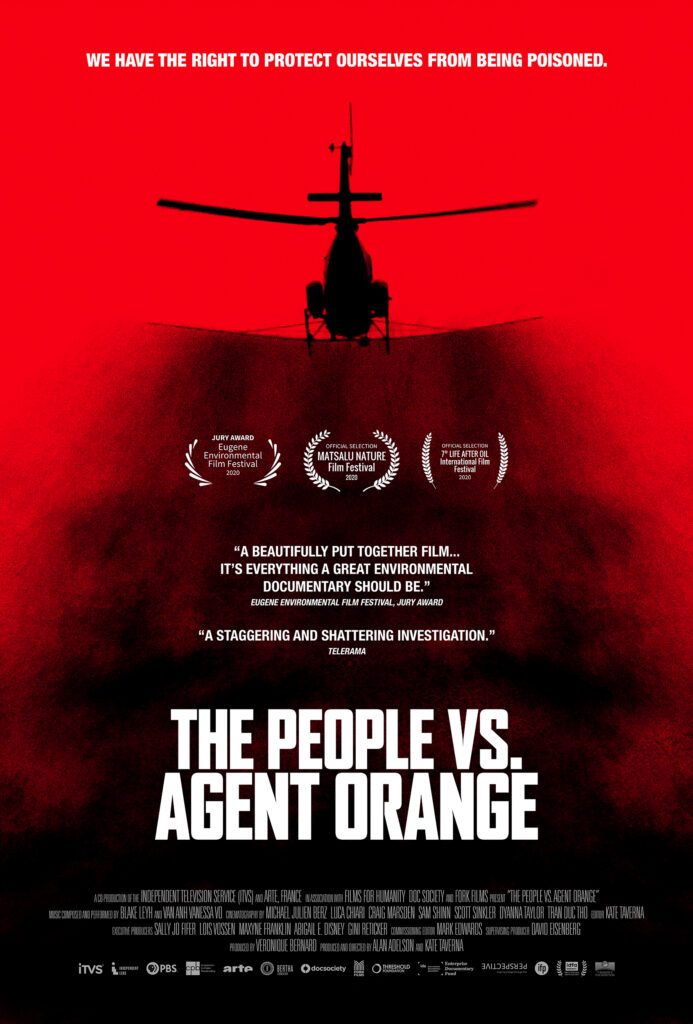

-



 ACTORS/ACTRESSES12 months ago
ACTORS/ACTRESSES12 months agoBRATS @Tribeca Film Festival 2024
-

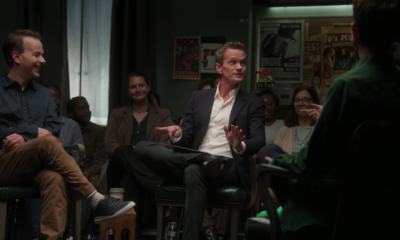

 FEATURES12 months ago
FEATURES12 months agoGroup Therapy @Tribeca Film Festival 2024
-



 ACTORS/ACTRESSES11 months ago
ACTORS/ACTRESSES11 months agoFuriosa Gets a Stunning 7-Minute Standing Ovation @Cannes 2024
-



 BIPOC12 months ago
BIPOC12 months agoDandelion Exceeds Expectations @SXSW 2024
-



 FEATURES12 months ago
FEATURES12 months agoDavid Cronenberg’s The Shrouds to Premiere @Cannes 2024
-



 FEATURES6 months ago
FEATURES6 months agoThe Gesuidouz Rocks Up @TIFF 2024
-

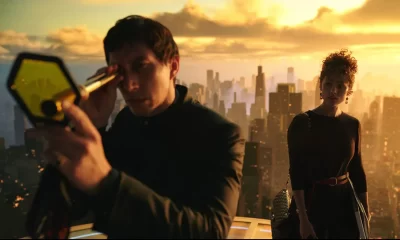

 ACTORS/ACTRESSES11 months ago
ACTORS/ACTRESSES11 months agoMegalopolis Receives Massive 10-minute Standing Ovation @Cannes 2024
-

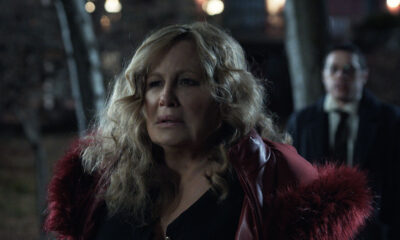

 FEATURES8 months ago
FEATURES8 months agoRiff Raff Set to Ruffle Feathers @TIFF 2024





